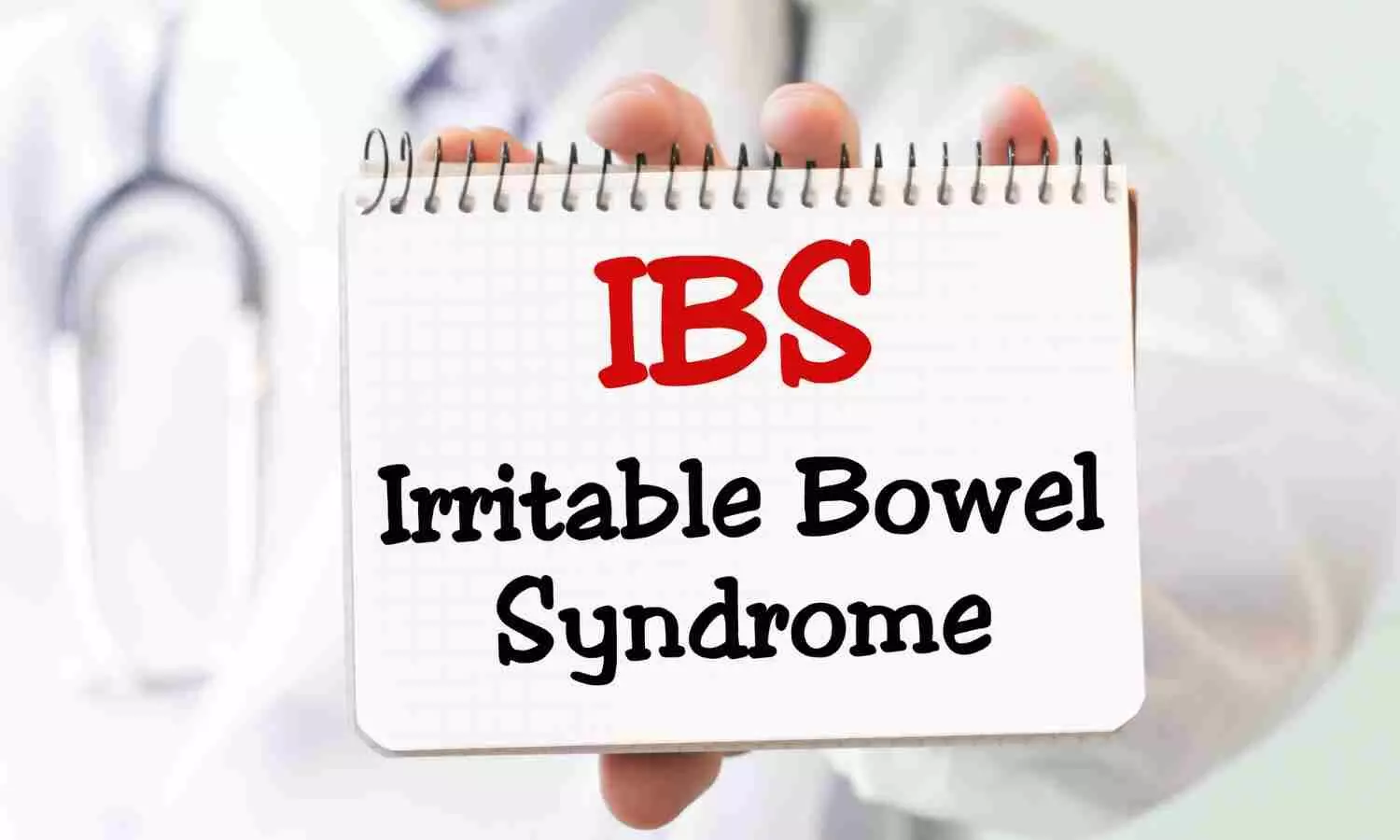Long-acting Mesalamine may effectively reduce symptoms in Postinfectious Irritable Bowel Syndrome: Study

A new study revealed that Mesalamine, an anti-inflammatory drug, can effectively treat postinfectious irritable bowel syndrome (PI-IBS) symptoms and improve the quality of life. The study results were published in the journal Neurogastroenterology & Motility.
Irritable bowel syndrome (IBS) is a common gastrointestinal disorder characterized by abdominal pain and alteration in bowel frequency or consistency in the absence of a gross structural or biochemical abnormality. Postinfectious irritable bowel syndrome ((PI-IBS) is a condition associated with low-grade intestinal inflammation. It develops in a subset of patients after gastroenteritis. Previous studies showed that long-acting Mesalamine can be used to treat IBS. Hence, researchers conducted a study to investigate the efficacy of long-acting Mesalamine in individuals with PI-IBS particularly those with diarrhea-predominant IBS (IBS-D) following gastroenteritis, as PI-IBS is linked to low-grade intestinal inflammation.
A Randomized double-blind placebo-controlled study was carried out on a total of 61 patients who developed IBS-D after gastroenteritis. Individuals were randomly assigned to receive either 2.4 g of long-acting mesalamine or a placebo daily for 8 weeks. The study assessed symptoms including abdominal pain, bloating, stool frequency, stool consistency, severity of diarrhea and constipation, satisfaction with bowel habits, and how much IBS affected or interfered with life. Quality of life (QOL) was measured using the IBS-QOL questionnaire. The primary outcome was the overall bowel symptom score (BSS) after 8 weeks of treatment. Effect sizes were quantified using standardized mean differences (Cohen’s d).
Findings:
- Of the 61 participants, 54 completed the 8-week study with 28 in the mesalamine group and 26 in the placebo group.
- The majority of participants (91%) were male, with an age range of 23–71 years (mean ± SD: 43 ± 13 years).
- Mesalamine showed greater efficacy than placebo in reducing overall BSS, with a medium effect size (Cohen’s d = 0.57, p = 0.042).
- A significant improvement in the secondary outcomes was noticed on how IBS affects daily life (d = 0.72, p = 0.01).
- For the individual IBS symptoms, all seven symptoms assessed showed trends favoring mesalamine, and eight of nine IBS-QOL subscales also showed trends indicating mesalamine’s superiority.
In patients with PI-IBS, long-acting mesalamine was effective in reducing IBS symptoms and improving quality of life suggesting that mesalamine could be a promising treatment option for managing PI-IBS.
Take-home Points:
- This placebo-controlled randomized trial assessed the efficacy of 2.4 g of long-acting mesalamine for the treatment of postinfectious diarrhea-predominant IBS.
- Among 54 patients who underwent 8-week treatment, mesalamine resulted in greater improvements on the Bowel Symptoms Score (change, −13 vs −4; P = .042); however, the difference between mesalamine and placebo was no longer significant when the constipation subscore was removed.
- Apart from the Bowel Symptoms Score, mesalamine largely failed to demonstrate superiority to placebo for other measures of symptom severity and QoL measures.
- Mesalamine may have some role in improving overall symptom severity in postinfectious IBS; however, additional larger studies are needed.
Further reading: Tuteja, Ashok K et al. “Randomized double-blind placebo-controlled study to evaluate the effect of long-acting mesalamine on postinfectious irritable bowel syndrome with diarrhea.” Neurogastroenterology and motility, e14889. 5 Aug. 2024, doi:10.1111/nmo.14889





